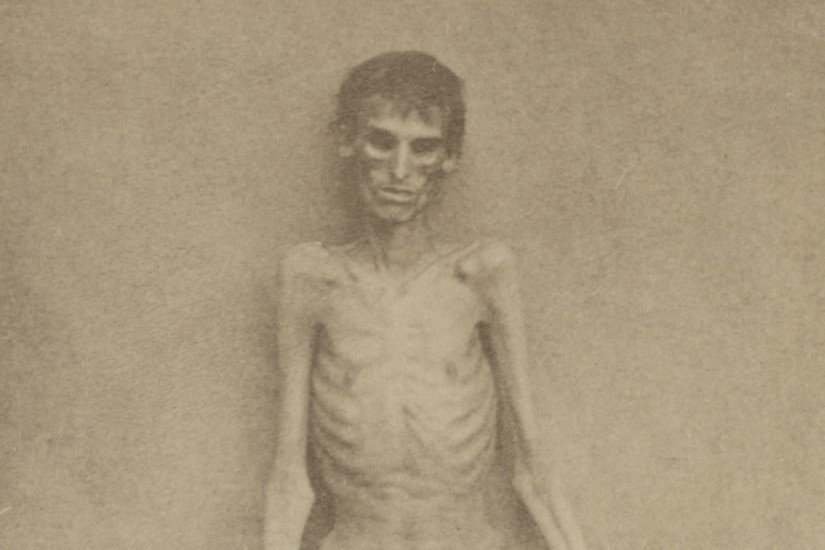The most recent chapter is a new study in the Proceedings of the National Academy of Sciences this week by researchers from the National Bureau of Economic Research. They found that the sons of Union Army soldiers who endured grueling conditions as prisoners of war were more likely to die young than the sons of soldiers who were not prisoners. This is despite the fact that the sons were born after the war, so they couldn’t have experienced its horrors personally. In other words, it seemed like the stresses of war were getting passed down between generations.
The effects on longevity showed up for the sons of men who were imprisoned in 1863 and 1864, when conditions in POW camps were especially bad. Crowding was extreme—each man was said to have had a grave’s worth of square footage to himself—and deaths from diarrhea and scurvy were common.
Because the study authors controlled for other factors that might have influenced the sons’ longevity, like socioeconomic status and the quality of the parents’ marriages, they believe this effect on mortality is working through epigenetics, or the process by which genes are switched on and off. These epigenetic changes are inherited by later generations, setting diseases in motion.
“It’s either the stress of war or the malnutrition of war or both,” said Randy L. Jirtle, an epigenetics researcher at North Carolina State University who was not involved in the study. “The stress on the system moves the machinery to put down or not put down epigenetic markers.”
Jirtle explains the epigenome as a type of software that runs on the computer-like cell. The epigenome can affect lots of different cells, just as a software program can be run on many different computers. He thinks this study might help explain why states in the southern United States—which had more severe food shortages during and after the Civil War—have worse health outcomes today.
Epigenetic links have also been established in animal studies. For example, mice that have been taught to fear the smell of cherries when it was paired with an electric shock had children and grandchildren that also showed signs of anxiety when exposed to the odor, even though they had never “learned” the painful association.
